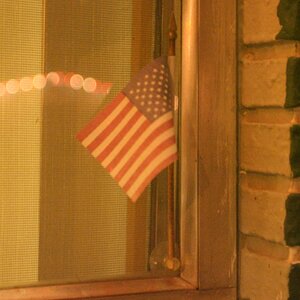- Joined
- Dec 11, 2006
- Messages
- 18,743
- Reaction score
- 8,047
- Location
- Mid-Atlantic US
- Website
- www.lewlortonphoto.com
- Can others edit my Photos
- Photos NOT OK to edit

I was incited to write this post because of a question posted on an Internet forum and the several answers that followed. The question had to do with the suitability of certain equipment for portraits of people – and the poster named three photographers specifically,Henri Cartier-Bresson, William Klein, Richard Avedon.
Besides the fact that these three, while they all shot people, areas different in chalk and cheese and so their favored equipment wasdifferent, the kinds of statements that came out about street photography seem to cling to the same few myths that seem to prevail.
Before I get into the myth-busting stuff, a bit about myself. I think of myself as a street shooter; the spirit of street shooting is to capture something unique and interesting and present that to be seen. I think that good street shooting has something emotional and intense about it and I try to shoot and process that way no matter what subject I am shooting. I don't claim to be great or even good but only a practitioner with some opinions developed over the few years on effort.
OK, back to the myths I'd like to address.
Myth 1 – to shoot street photography you must have asmall camera body and a relatively short focal length lens, generally in the 30-40 mm
range.
This kind of statement is like saying that all novels must be written on a yellow, lined pad with a number 2 pencil.
Shoot what you have, shoot what gets you the pictures you want and, most importantly, shoot a camera setup that you are intimatelyfamiliar with.
For years I shot with a big, clunky Nikon dslr usually with a 24-70 lens, often with a 50 or a 70-200. This is alarge bulky setup but, in my opinion, it worked for me. Yes, it was large and bulky and obvious but the trade-offs were superb image quality and very, very fast autofocus.
Three or four months ago I switched to the much smaller, lighter Olympus OMD 5 with equivalent lenses. My reason for switching was that the bigger cameras and lenses were just getting to be too much of a physical burden. I came back from 3 weeks hiking around SEA with two bodies, four lenses, backup hard drive and I made a vow to either get a smaller system or to stay in bed.
Now I do have all the advantages of a lighter outfit with adequate image quality and speed but on balance I lost a system I could usewithout thinking and I'm still learning the new one – and not being particularly productive yet.
My point is that it isn't the equipment that is the overriding factor in success but your ability to handle it in the time that you have to get your camera into play.
____________________________________________________________________________________
If this is interesting, the rest of the article, along with alluring pictures is at
The Myths of Streetshooting - explained and mostly busted
even if you don't read the entire piece, here is an important couple of paragraphs.
______________________________________________________________________
One of my consistent disappointments is to cruise around on the web, looking at websites, hoping to admire and find inspiration in others' work.
This last week, however, I came across the work of two shooters I liked a lot who deserve some mention separately.
First I heard Kay Chernush speak and it was a minor revelation. Her work, although it was usually done on assignment, was beautifully composed and executed with an artist's touch. She worked at the shots but each one seemed just spontaneous light and lovely. In all that, she was relatively unconcerned with the technical aspects, assuming that technical competence goes without saying. Lovely work, nice person. Kay Chernush Photography
Second, I saw the Peter Turnley's site and was bowled over with his use of color and composition. This link is directly to one of the most beautiful pictures I have seen in my memory. Peter Turnley's site and the photo mentioned. Actually, Peter Turnley gave me permission to show the image but I want to force as many of you as possible to see his site.
These photographers both shoot, in what I consider, a 'street shooter' sensibility, using the image to capture and project the emotion and, to use Kay Chernush's phrase, a 'sense of place.'
Last edited:


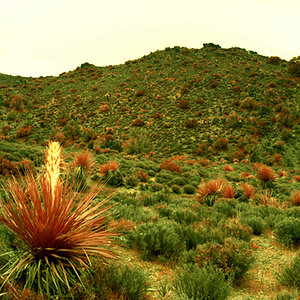
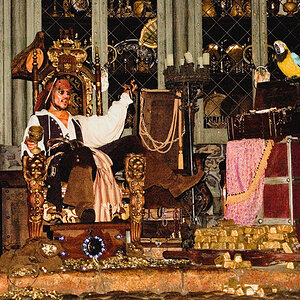
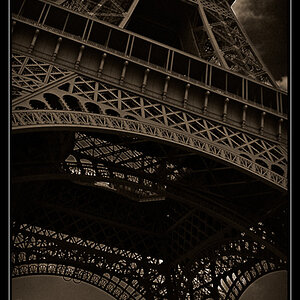
![[No title]](/data/xfmg/thumbnail/37/37494-d432dd0601f47668ec55d04f350f243b.jpg?1619738113)
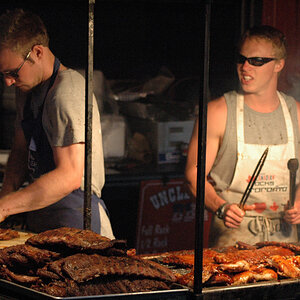
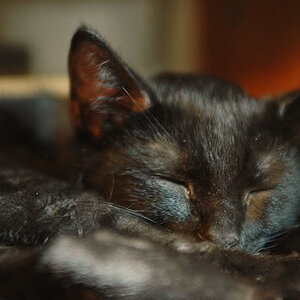

![[No title]](/data/xfmg/thumbnail/37/37492-bafc92488a1ab17e4ca6603ee5b38376.jpg?1619738112)
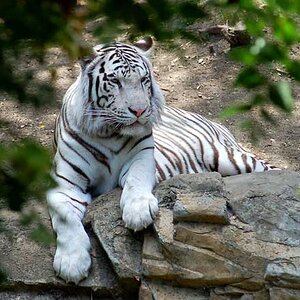
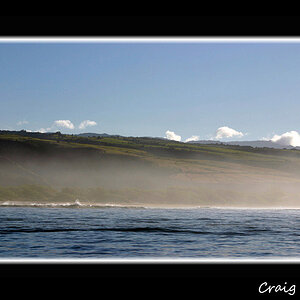
![[No title]](/data/xfmg/thumbnail/37/37493-07470d1244285a42bb716c7df65abfda.jpg?1619738112)
